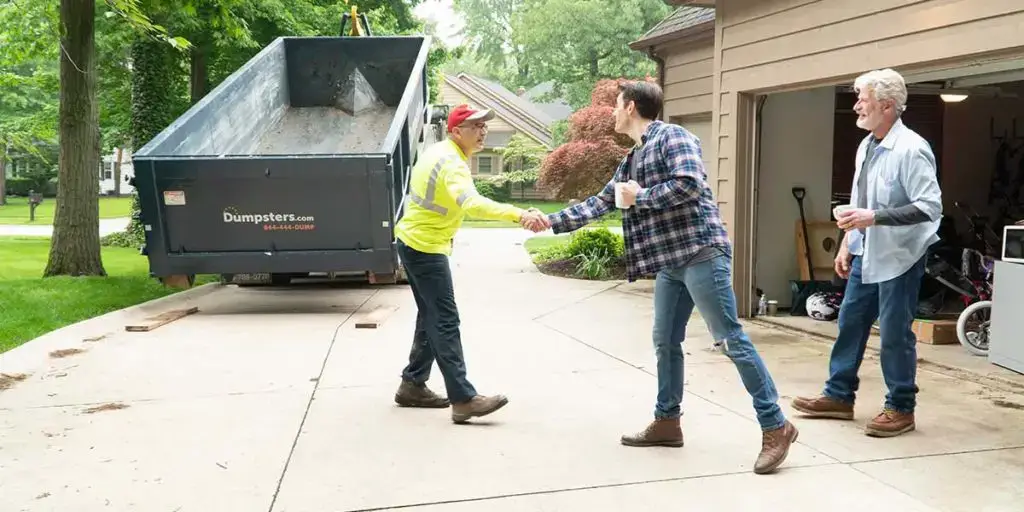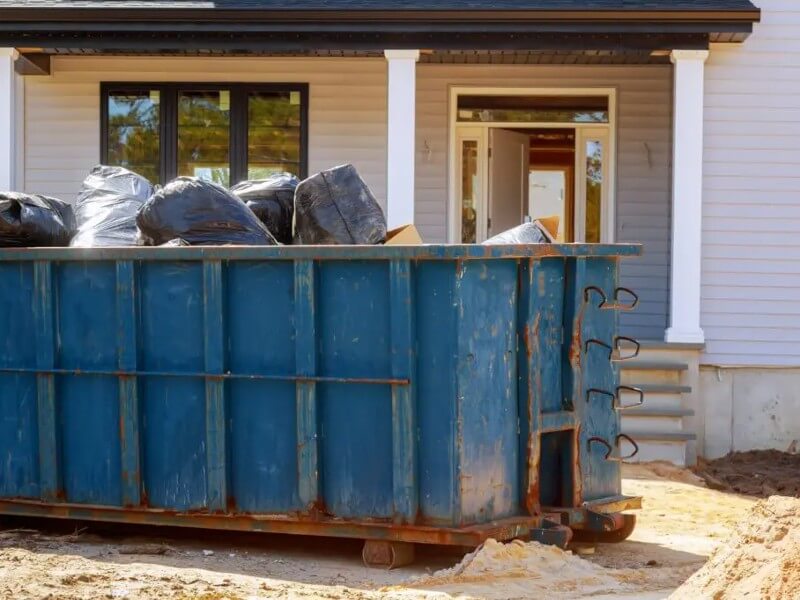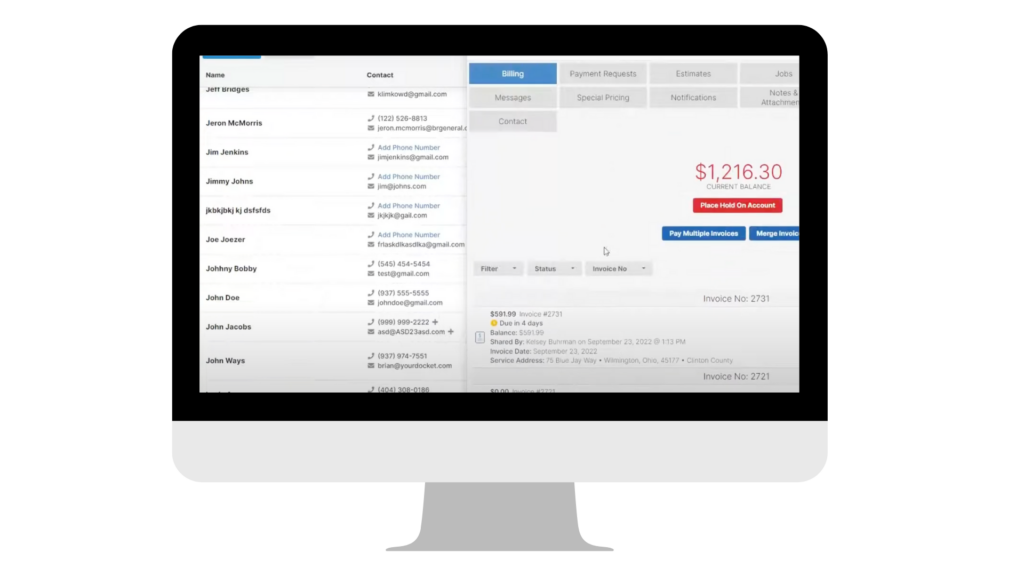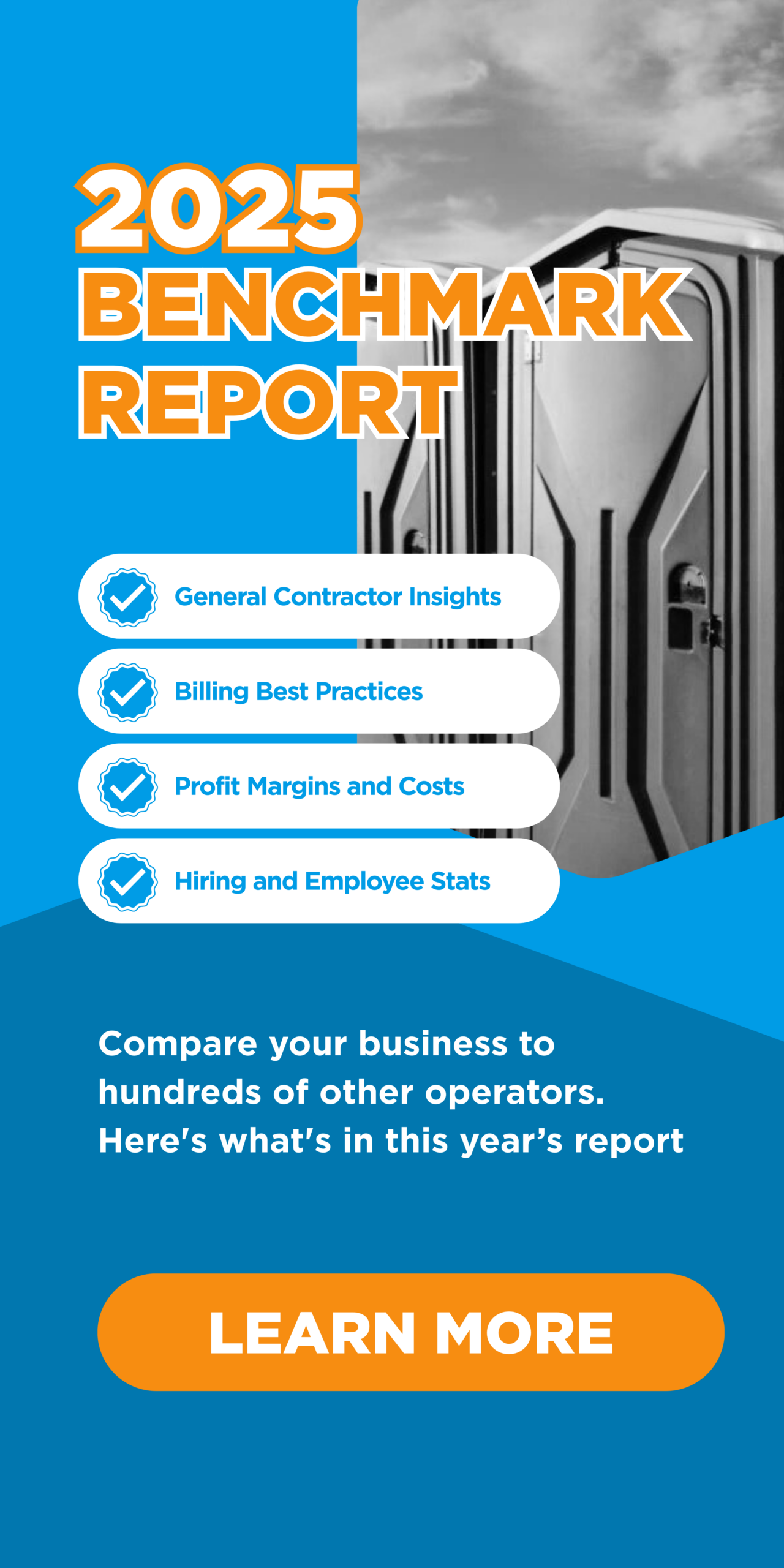Knowing Your Customers in the Dumpster Rental Industry
Key Takeaways
- Understand Your Customers: Knowing the difference between commercial and residential customers allows you to tailor your communication effectively.
- Customize Communication: Adapt your messaging, whether through email, text, or calls, to meet the specific needs and preferences of each customer type.
- Be Proactive and Clear: Always aim for clarity in your communications and be proactive in managing expectations, especially regarding delivery and service times.
In the dumpster rental industry, understanding who you’re talking to is everything. Whether you’re reaching out to a potential customer for the first time or keeping in touch with a long-time client, the way you communicate can make or break your business. Here’s why knowing your audience is not just important, but essential:
- Builds Stronger Relationships: When you speak the language of your customers, you connect on a deeper level. This doesn’t just mean using the right words; it’s about understanding their needs, worries, and how your service fits into their world.
- Increases Customer Satisfaction: Customers want to feel understood. By tailoring your communication to meet their specific expectations, you’re not just providing a service; you’re offering a solution that feels personalized and thoughtful.
- Drives Repeat Business: Happy customers come back. More than that, they tell their friends. Word of mouth is powerful in the dumpster rental business, and it starts with how well you communicate.
- Reduces Confusion and Complaints: Clear communication means fewer misunderstandings. When customers know exactly what to expect, when, and how, it cuts down on calls, emails, and frustration on both sides.
So, how do you get to know your audience? And once you do, how can you use that knowledge to communicate more effectively?
Want to learn more about communicating with dumpster rental customers? Download this free e-book.

Identifying Your Dumpster Rental Customers
To talk to your customers effectively, you first need to know who they are. In the dumpster rental business, your customers mainly fall into two groups: commercial and residential. Each group has different needs, expectations, and reasons for renting a dumpster. Let’s break down these two main types:
Commercial Customers
These are your business clients. They might be contractors working on construction sites, real estate investors flipping houses, or realtors preparing a property for sale. Here’s what they generally look for:
- Reliability: They need to know the dumpster will arrive and be picked up on schedule. Delays can cost them time and money.
- Efficiency: They appreciate a smooth process, from ordering to pickup. They also value flexibility, as their needs can change quickly.
- Clear Communication: Quick, direct communication is key. They want to be informed of any changes or delays immediately.
Residential Customers
These customers are usually homeowners or renters who need a dumpster for a home project, like renovations or cleanouts. Their priorities include:
- Trust: They want to feel confident that their property will be respected and that the dumpster won’t damage their driveway or yard.
- Punctuality: Timing is important. They plan their projects around the dumpster’s delivery and pickup.
- Support: They often appreciate guidance on choosing the right size dumpster and advice on how to best use it for their project.
Understanding these customer types helps you tailor your communication to meet their specific needs. For example, when talking to a commercial customer, you might focus on your track record for reliability and flexibility. With residential customers, you might highlight your care for property and support throughout the rental process.

Tailoring Communication Strategies for Each Customer Type
Once you know who your customers are, the next step is figuring out the best way to talk to them. Each type of customer—commercial and residential—has different needs and preferences. Here’s how you can adjust your communication to fit each group:
For Commercial Customers
These customers value efficiency and reliability above all. Here’s how you can communicate effectively with them:
- Immediate Confirmation: Right after they place an order, send them an email or text confirming the details. This shows them you’re on top of things.
- Proactive Updates: If there’s a delay or a change in plans, let them know as soon as possible. Use quick communication methods like texts or phone calls.
- Clear Scheduling: Provide exact times for delivery and pickup. Stick to these times to help them keep their projects on track.
- Flexibility: Be ready to adjust to their changing needs. If they need to extend the rental or change the size, make the process easy for them.
For Residential Customers
These customers are looking for a service they can trust and that respects their property. Here’s how to communicate with them:
- Friendly Guidance: Offer advice on choosing the right dumpster size and how to prepare for its delivery. A helpful guide sent via email can be very reassuring.
- Reassurance: Confirm the delivery and pickup times clearly. Let them know you care about protecting their property by explaining how you prevent damage.
- Availability: Make sure they know how to reach you if they have questions or concerns. A quick response can make a big difference in their experience.
- Personal Touch: A follow-up message after the project is completed to ask if everything went well can leave a lasting positive impression.
General Tips for Both Groups
- Be Clear and Concise: Whether it’s an email, text, or phone call, keep your messages to the point. Time is valuable, and clarity prevents misunderstandings.
- Listen: Good communication is a two-way street. Listen to their feedback and adjust your services and communication accordingly.
- Use the Right Tools: Consider using customer relationship management (CRM) software to keep track of customer preferences, history, and feedback. This can help personalize your communication even further.
By tailoring your communication strategy to fit the specific needs of commercial and residential customers, you not only meet their expectations but also build a strong, trustworthy relationship. This approach ensures your dumpster rental business stands out for its attentive and adaptable service.

Docket software can help you manage your customers. Get a free demo here.
The Key to Effective Communication
Understanding your customers and tailoring your communication to meet their specific needs is crucial in the dumpster rental business. Whether your customers are commercial businesses looking for efficiency and reliability or residential homeowners needing trust and support, the way you communicate can significantly impact your business’s success.
Here are the main takeaways to remember:
- Know Your Audience: Spend time understanding who your customers are and what they need from your service.
- Customize Your Approach: Adjust your communication style and methods based on whether you’re dealing with commercial or residential customers.
- Be Clear and Responsive: Always aim for clarity in your messages and be quick to respond to any questions or concerns.
- Build Relationships: Use communication as a tool to build lasting relationships with your customers, making them more likely to return and recommend your service to others.
By focusing on these key points, you can improve your communication with customers, leading to higher satisfaction, fewer misunderstandings, and a stronger reputation for your dumpster rental business. Remember, effective communication is a continuous process of learning and adapting. Keep listening to your customers, and don’t be afraid to make changes to better meet their needs. Your effort in this area will pay off in the form of a loyal customer base and a thriving business.
FAQs for Dumpster Rental Business Owners
1. How can I quickly identify whether a customer is commercial or residential?
Pay attention to the project details they provide. Commercial customers often mention business names or larger projects, while residential customers typically discuss home-based projects.
2. What’s the best way to communicate delivery times to ensure clarity?
Use both email and text messages to confirm delivery times, providing a clear date and time window to avoid any confusion.
3. How can I make my website more effective for customer communication?
Ensure your website has clear, easy-to-find contact information, a FAQ section, and detailed service descriptions to help both commercial and residential customers find the information they need quickly.
4. What should I do if there’s an unexpected delay in service?
Immediately inform the customer of the delay through their preferred communication method, explain the situation, and provide a new timeline if possible.
5. How can I gather feedback to improve my communication strategies?
After completing a service, send a follow-up email or text asking for feedback on your communication and service. This can help you understand what works and what needs improvement.



